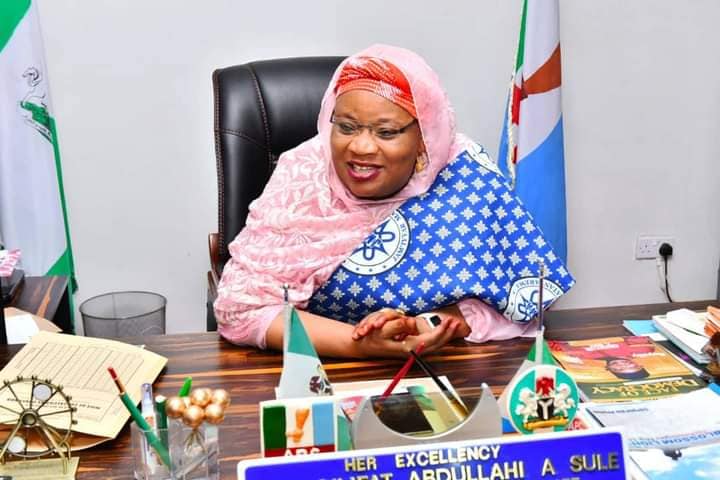
Nasarawa Women to Create New Policy Addressing Gender Disparities

Women from all over Nasarawa State, including the Governor’s wife and other elected representatives, came together on Thursday to voice their concern about ongoing gender disparities in various sectors of the state, the Punch News reported.
They expressed this dissatisfaction during a meeting organised by the Nasarawa State Human Capital Development Agency in Lafia.
The agency’s Director General, Habiba Balarabe-Suleiman, explained that the purpose of the meeting was to discuss how to tackle gender inequality through the agency’s gender policy.
She thanked Africa Human Capital Development Plus for funding the project and urged women leaders to identify challenges facing women and girls in their communities, particularly in healthcare and education.
Balarabe-Suleiman also emphasised the importance of legislation to protect women and girls in the state and hoped the meeting would produce a comprehensive document addressing gender disparities.
She said, “The policy seeks to address gender-related issues as they affect the Nasarawa State Human Capital Development Agency’s six thematic areas ranging from Health and Nutrition, Education, Labour Force Participation, Youth, Social Development and Local Government and Community Development.
“We seek to achieve a policy that is implementable, and which will be generally acceptable. We want to achieve an increased number of educated girls, decreased out-of-school children, increased health and health security, increased level of financial inclusion and increased general participation for women and girls.”
Zainab Aminu-Maifata, representing the National President of the Association of Local Government of Nigeria, urged disadvantaged women to speak up about their challenges to receive support from stakeholders and the government.
The wife of the state governor, represented by the Chairperson of the Committee on Women Affairs at the State House of Assembly, stressed the importance of promoting menstrual hygiene and family norms that protect women and girls.
“I want to charge all the wives of the local government chairmen to look into your communities and initiate a bill that promotes the rights of the women and girls, just as we are currently working on a bill that promotes menstrual hygiene by making sanitary pads available for women and girls,” she said.
Overall, stakeholders called for collective efforts to ensure the success of the gender policy and advocated for empowering and protecting women and girls against violence.
Read: “What can I do to be a good person like you?” – 11-year-old boy asked Peter Obi
About The Author
Related Articles
Malian Army Says Dozens of Militants Killed in Airstrikes in Segou Region
Mali’s armed forces say they have killed about twenty suspected militants during...
ByWest Africa WeeklyFebruary 19, 2026Nigeria Approves 33 New Universities While Education Quality and Jobs Remain in Crisis
Nigeria has approved 33 new universities, bringing the total number of sanctioned...
ByWest Africa WeeklyFebruary 19, 2026Gabon Suspends Social Media “Until Further Notice” Amid Rising Unrest
Gabon’s media regulator has announced the suspension of social media platforms nationwide,...
ByWest Africa WeeklyFebruary 18, 2026Niger’s Tiani Visits Algeria in Bid to Strengthen Ties and Revive Key Projects
Abdourahamane Tiani, Niger’s head of state, is on an official visit to...
ByWest Africa WeeklyFebruary 18, 2026











